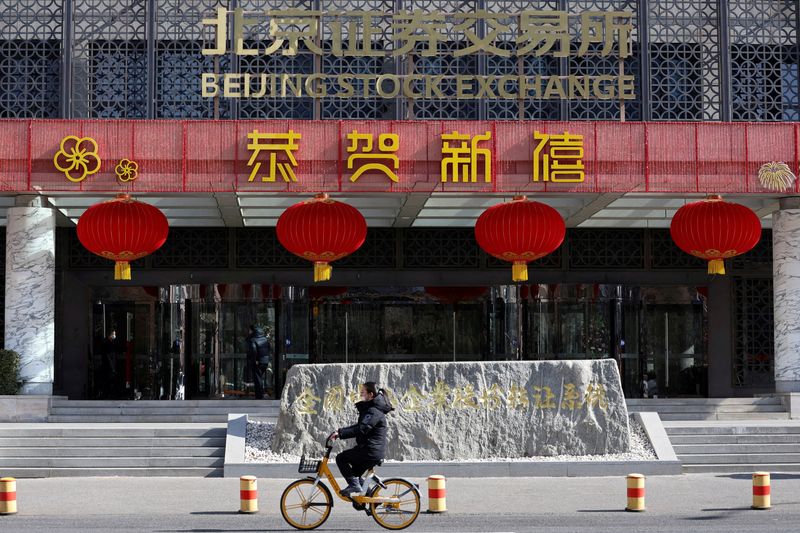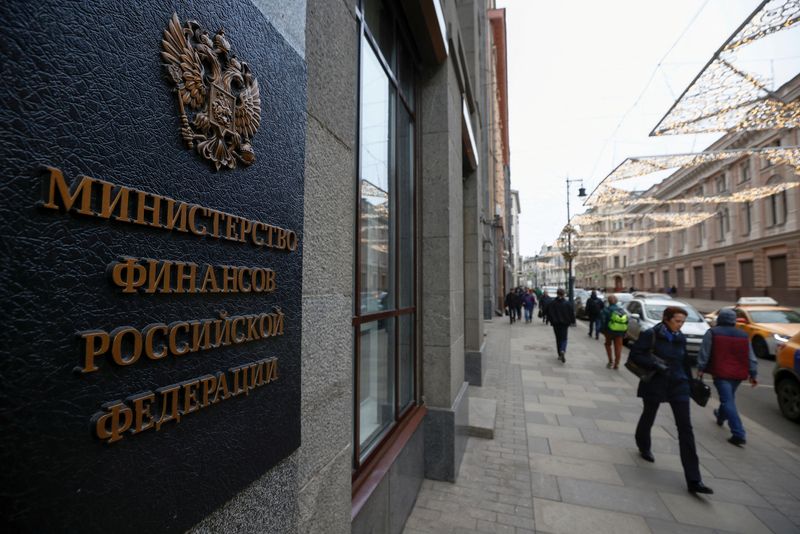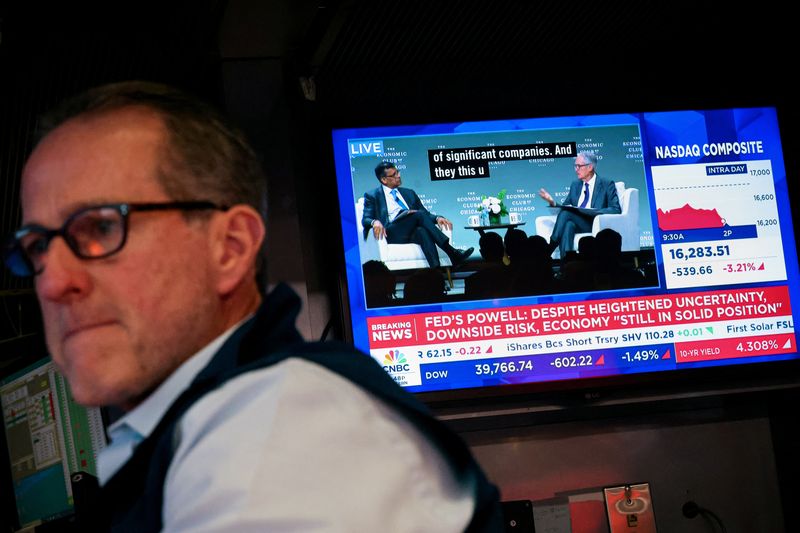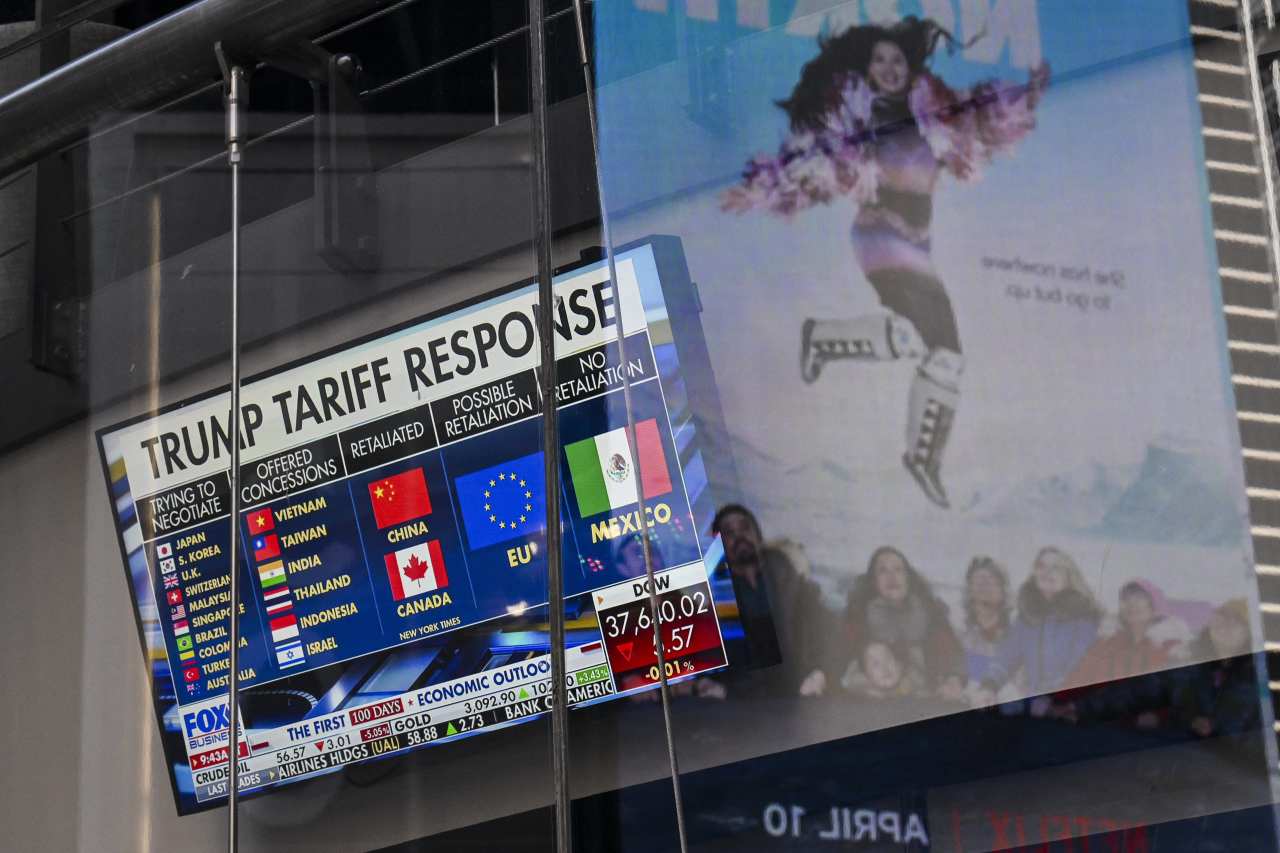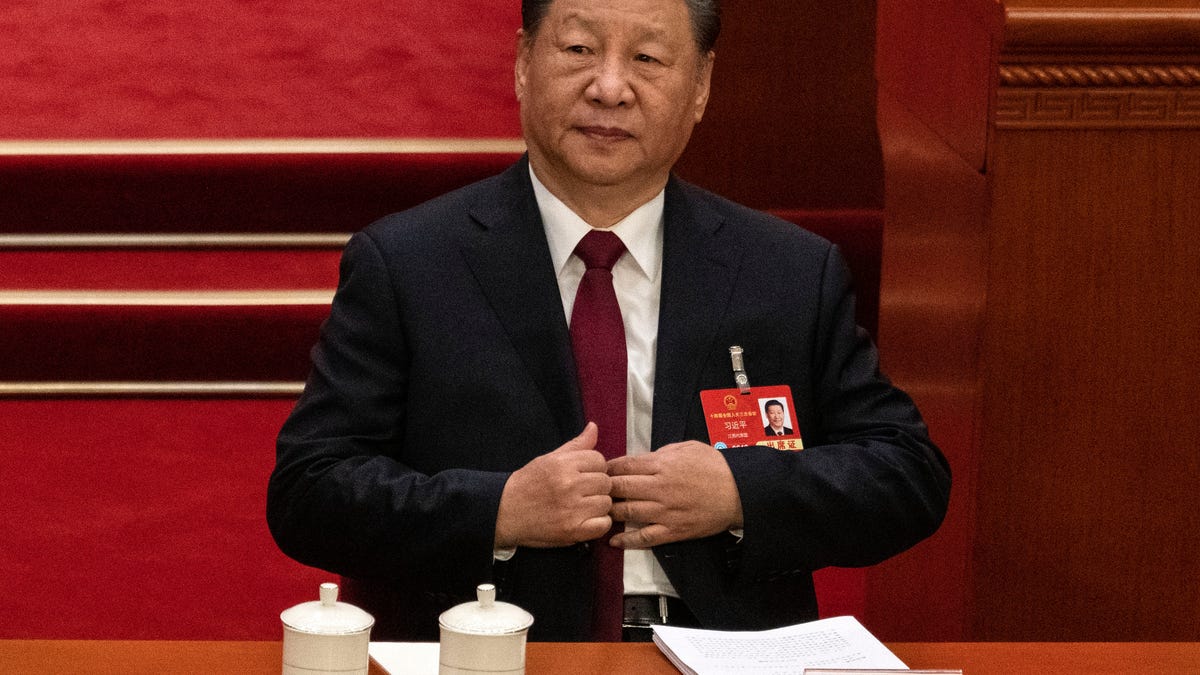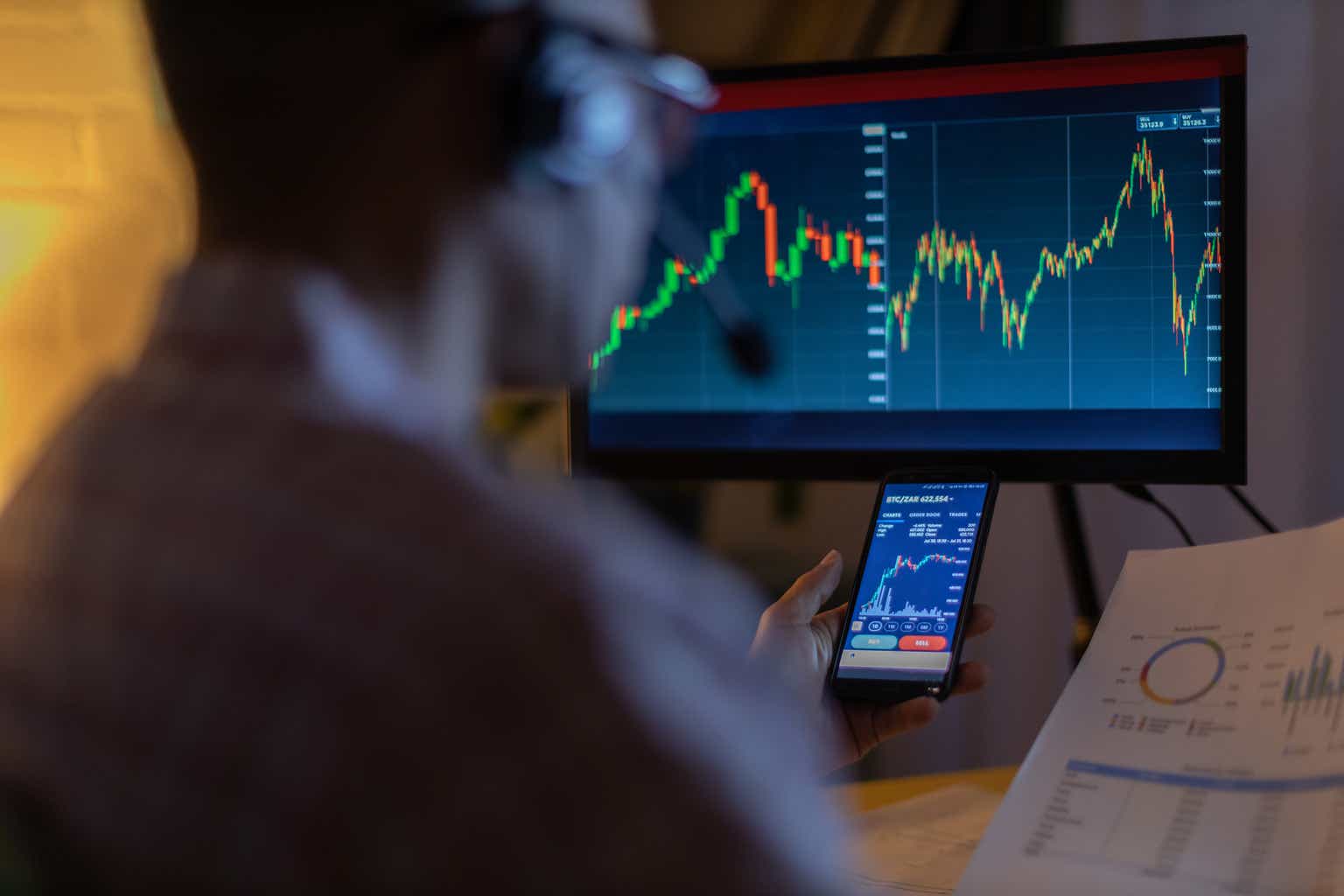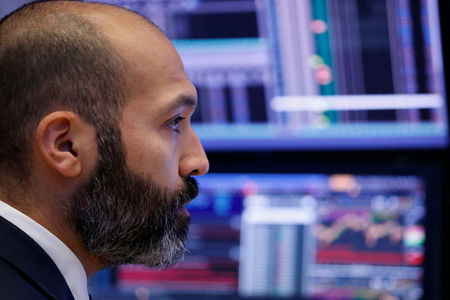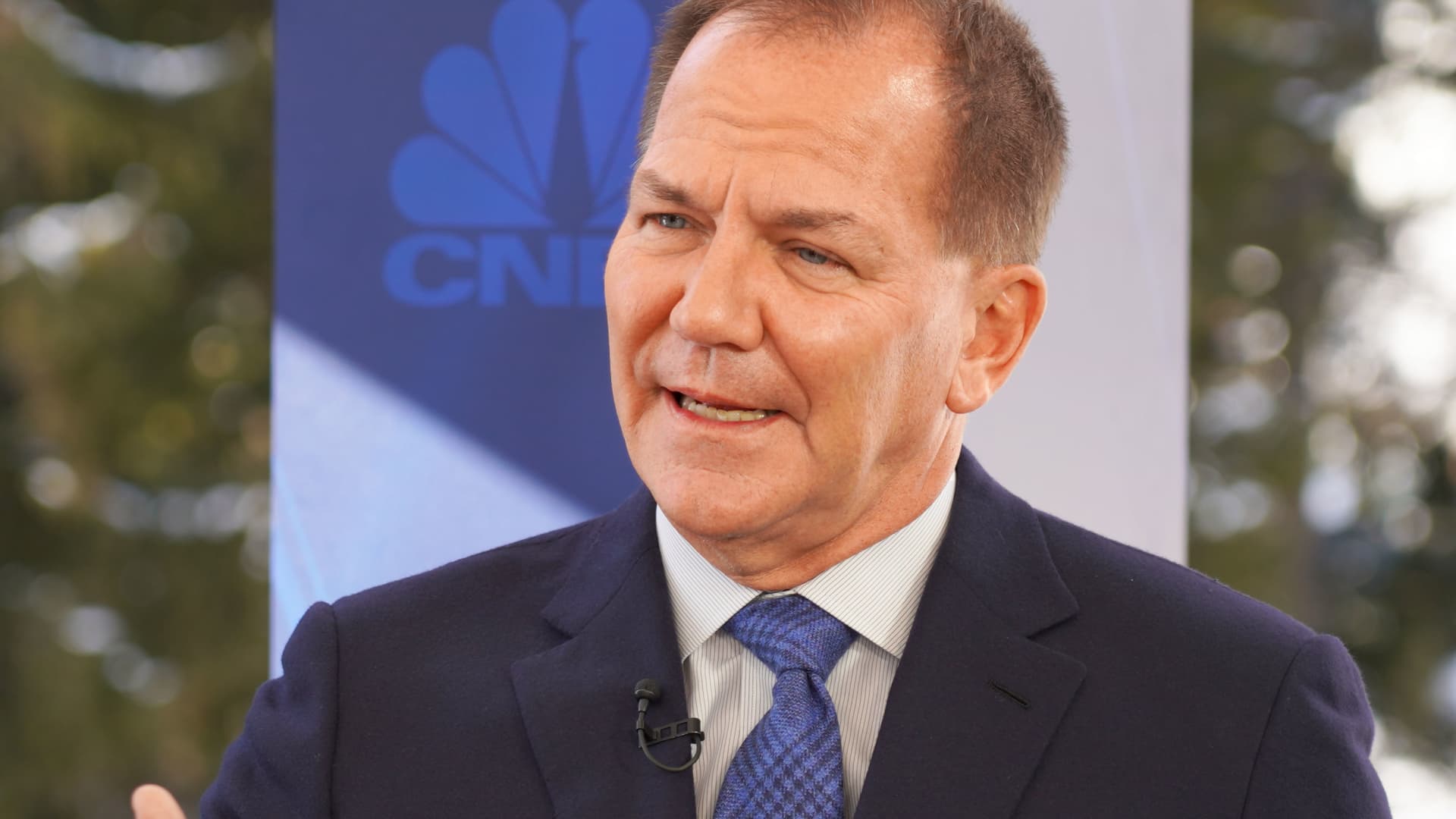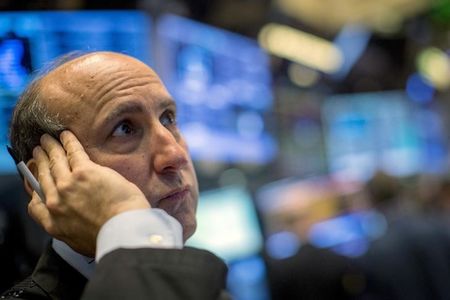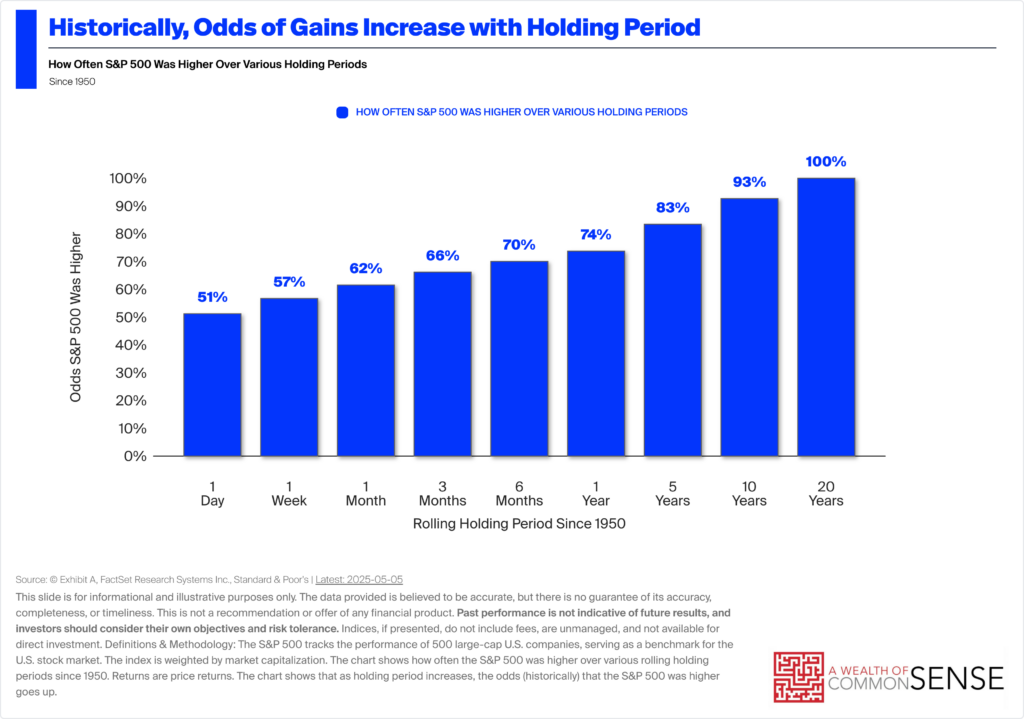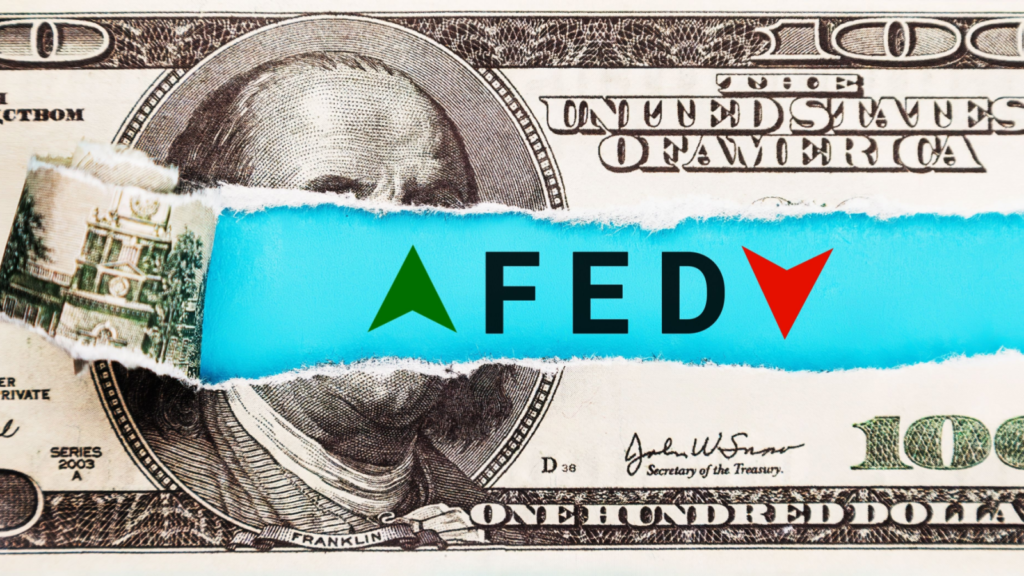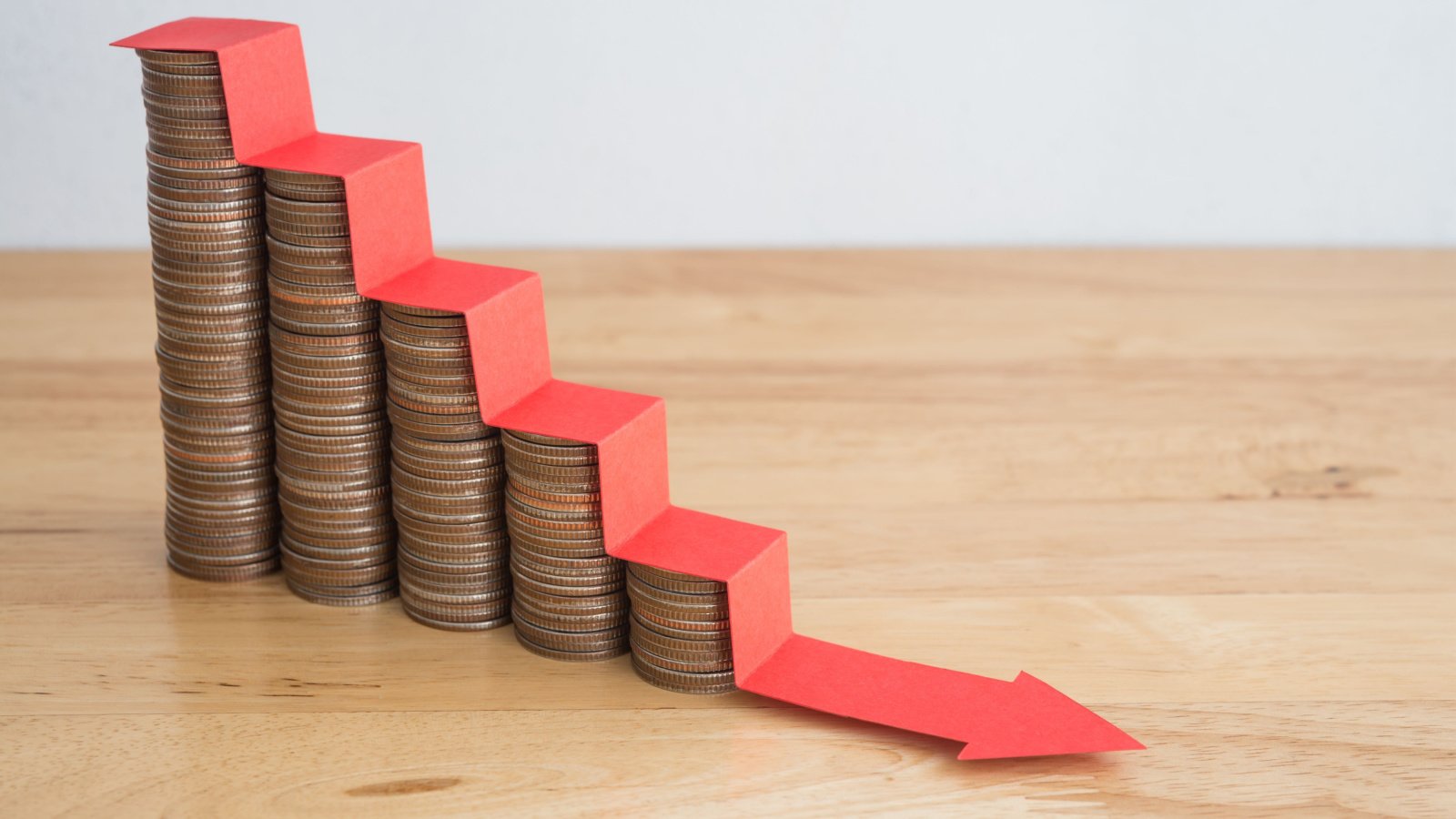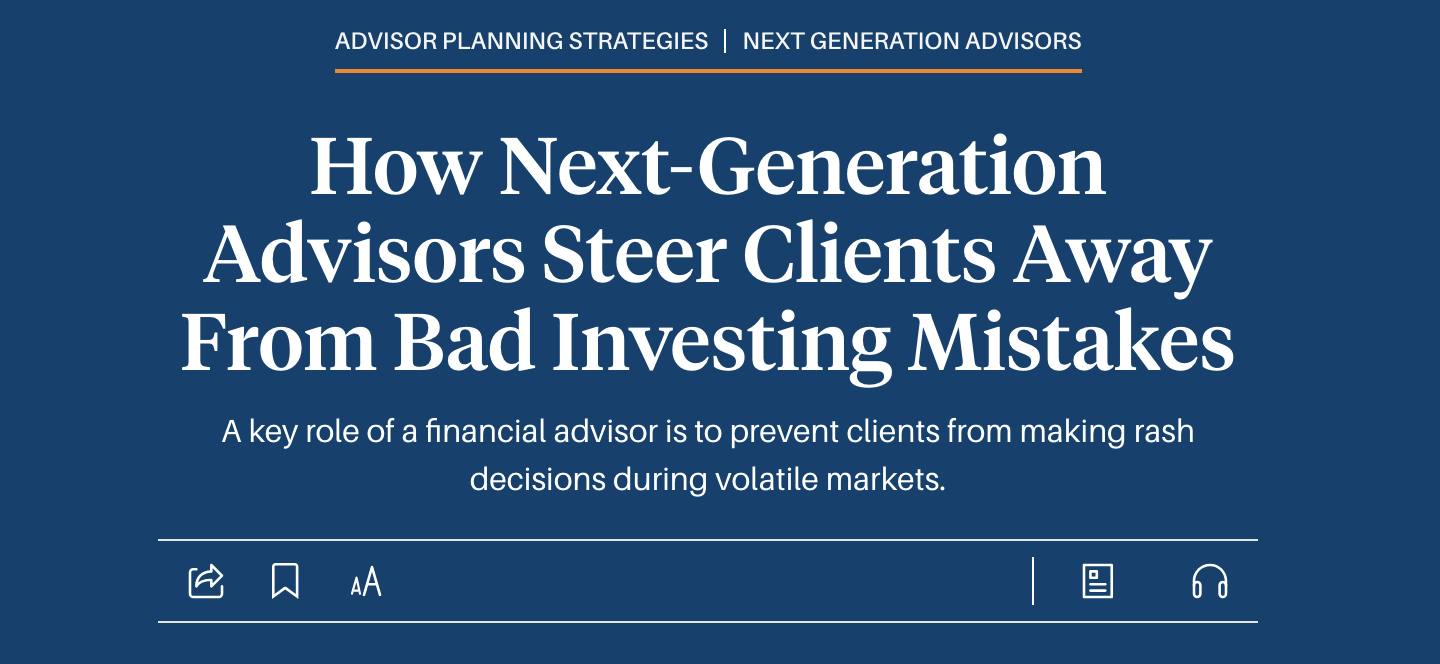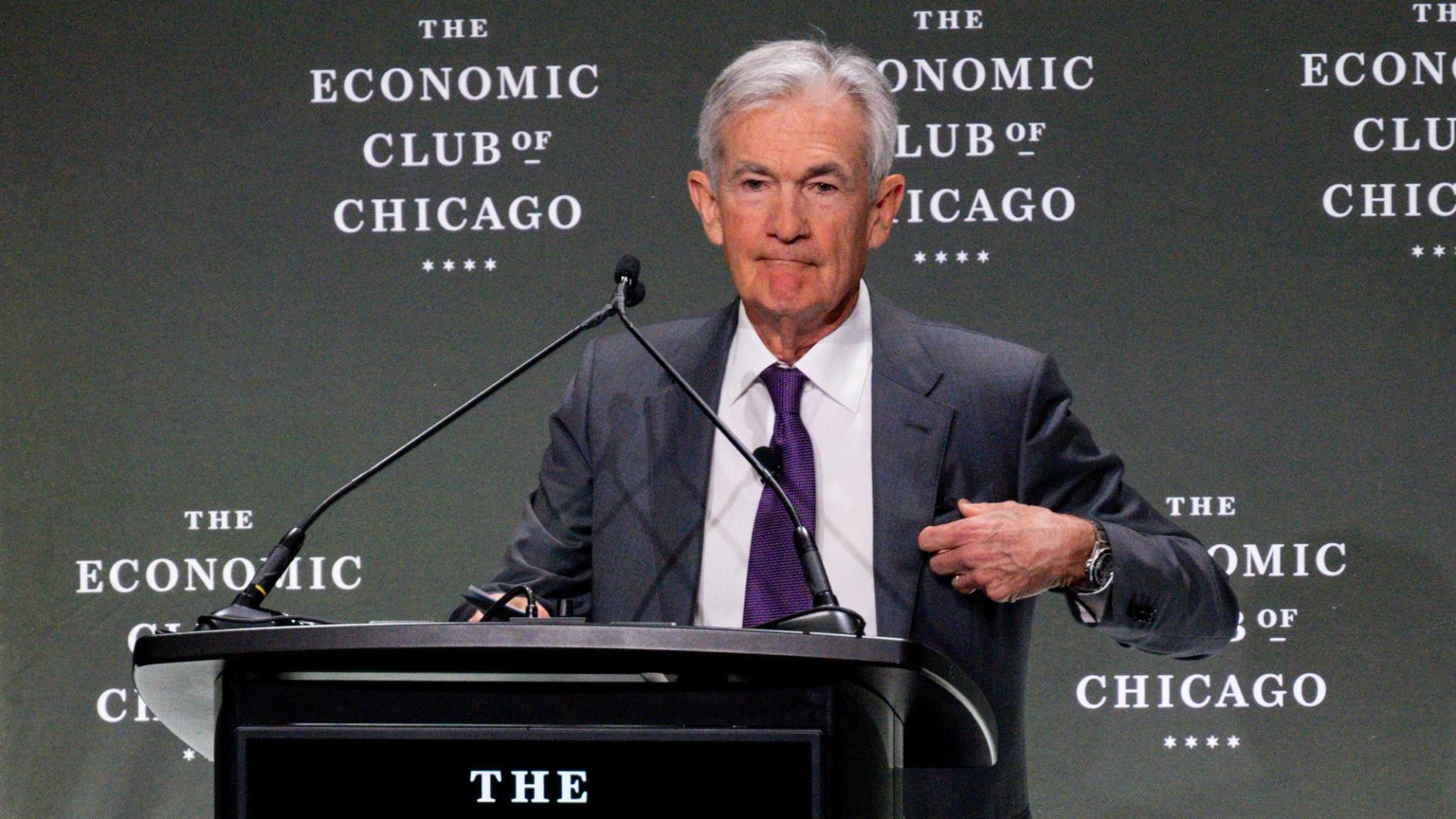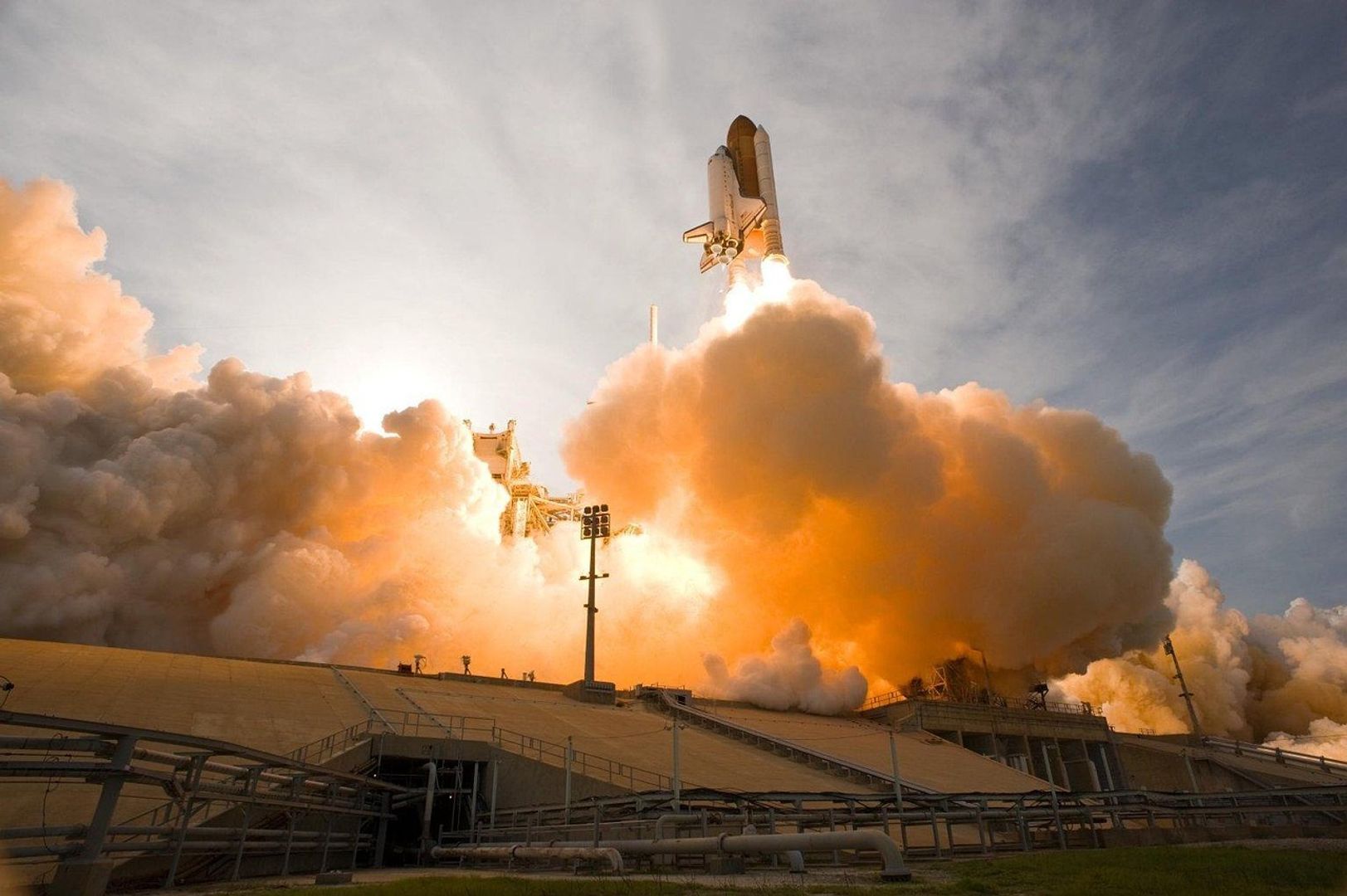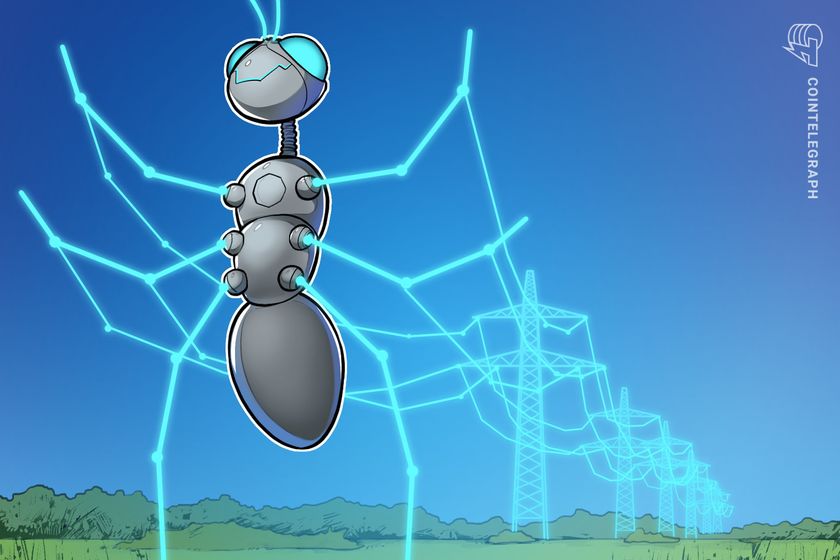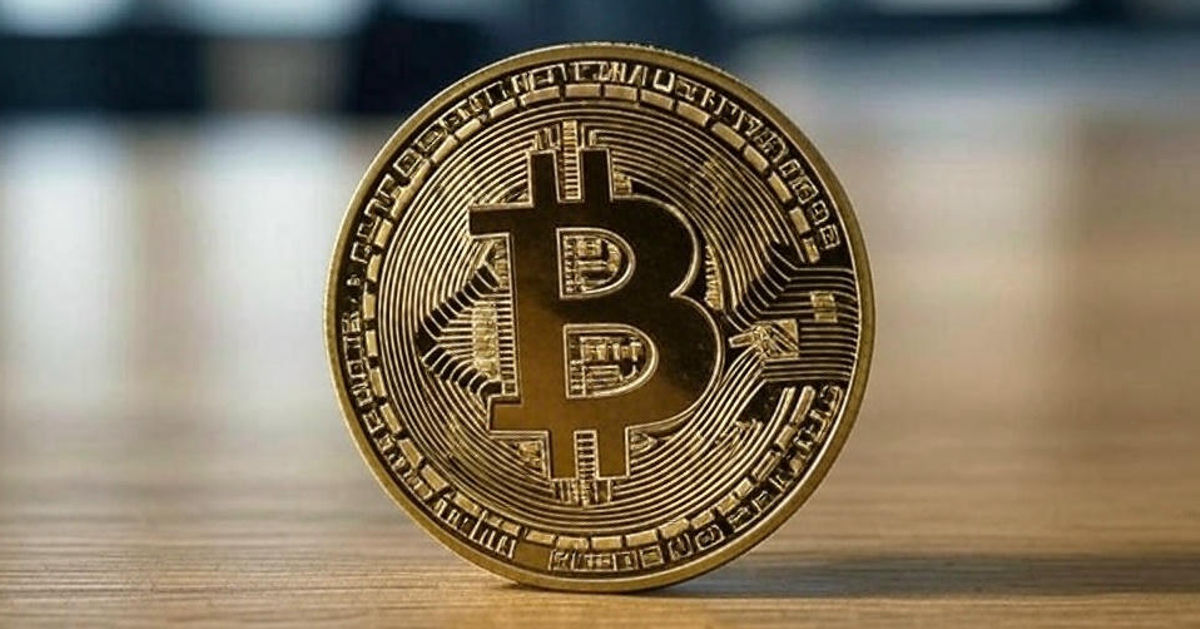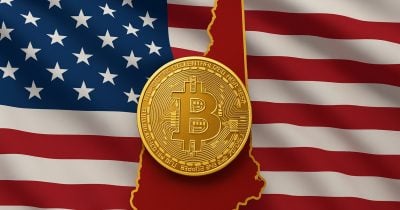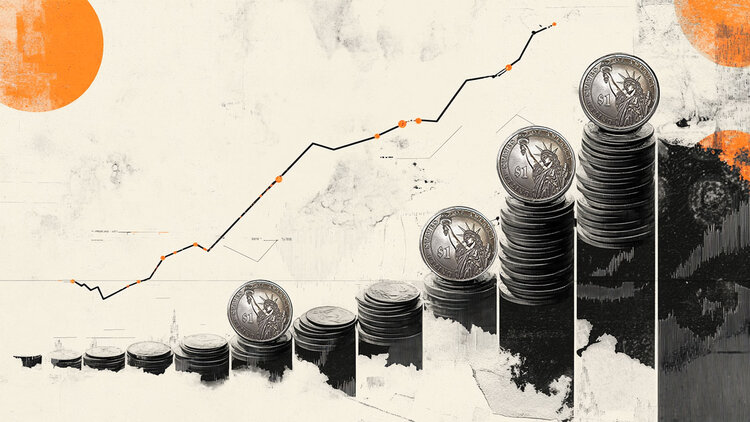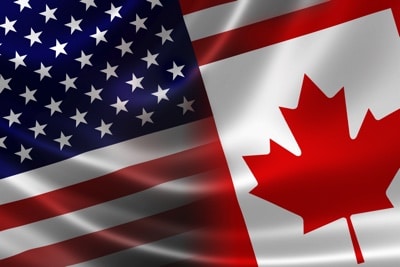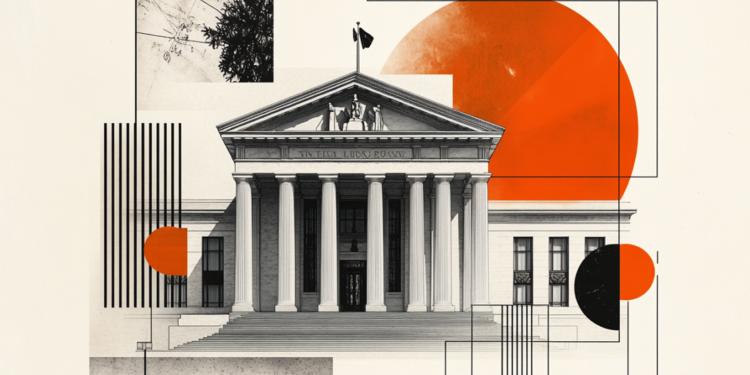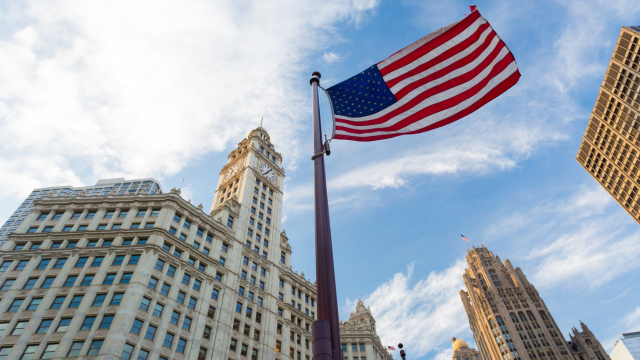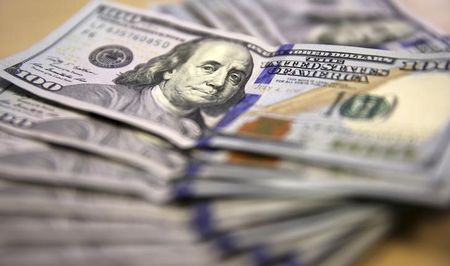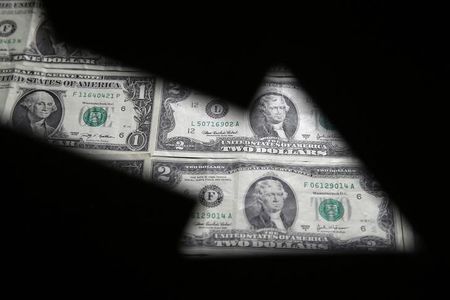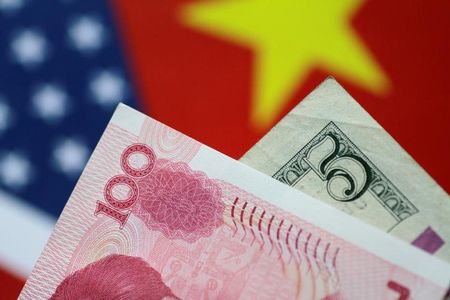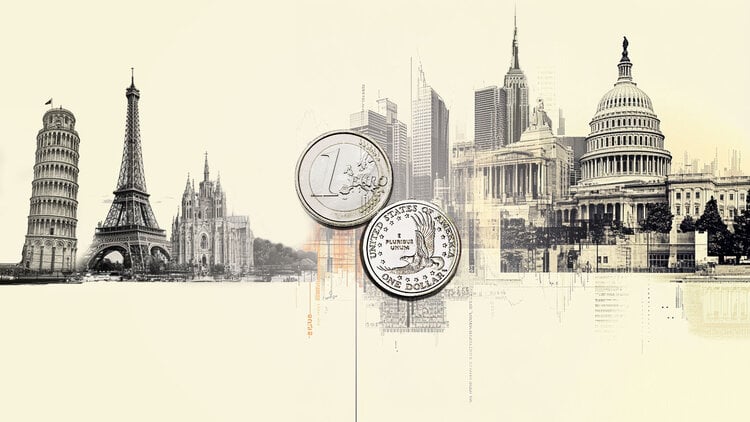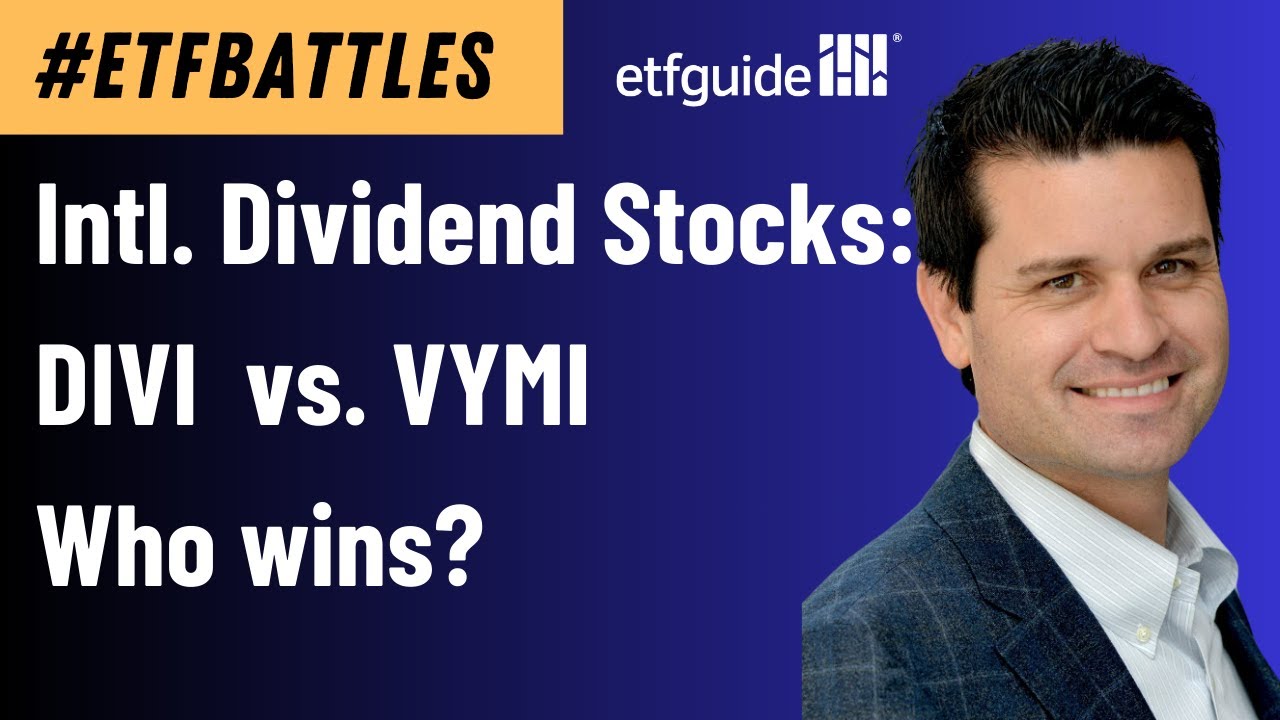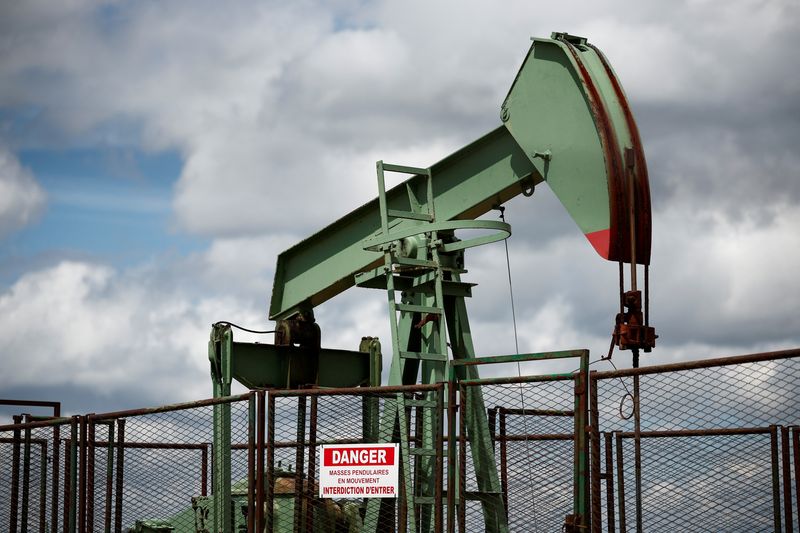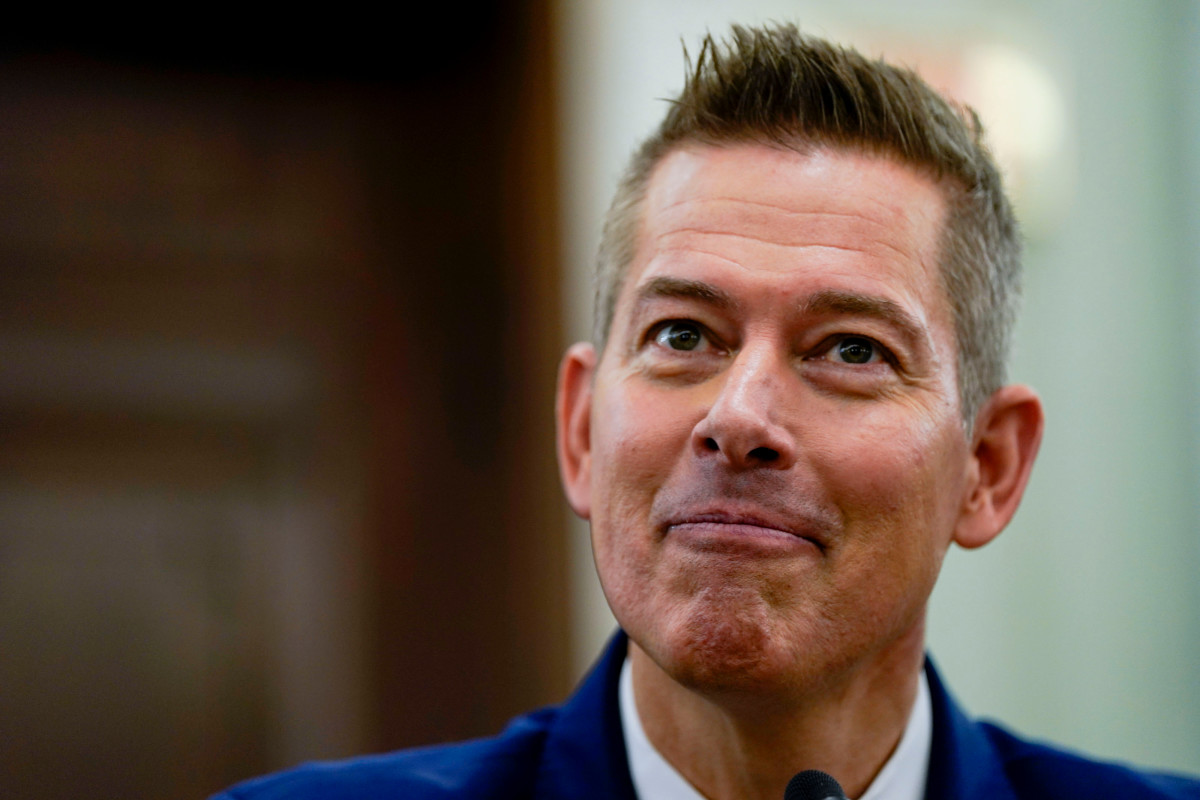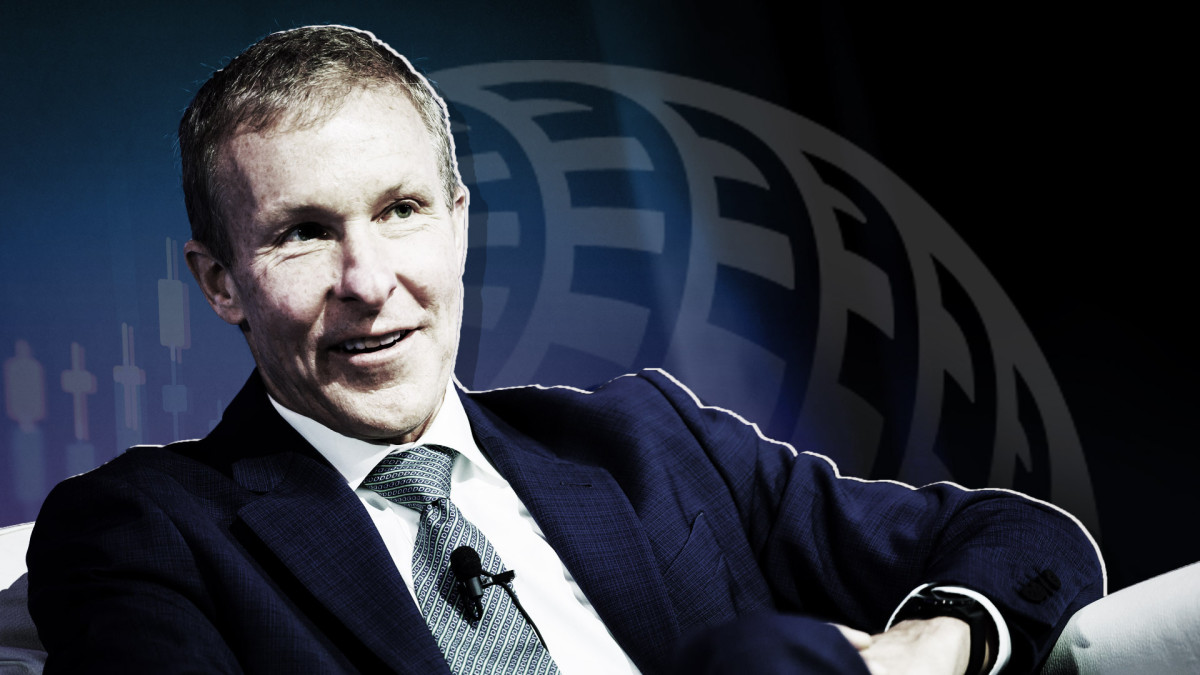Legendary fund manager sends blunt message on stocks
The veteran hedge fund manager explains what could happen to stocks next.
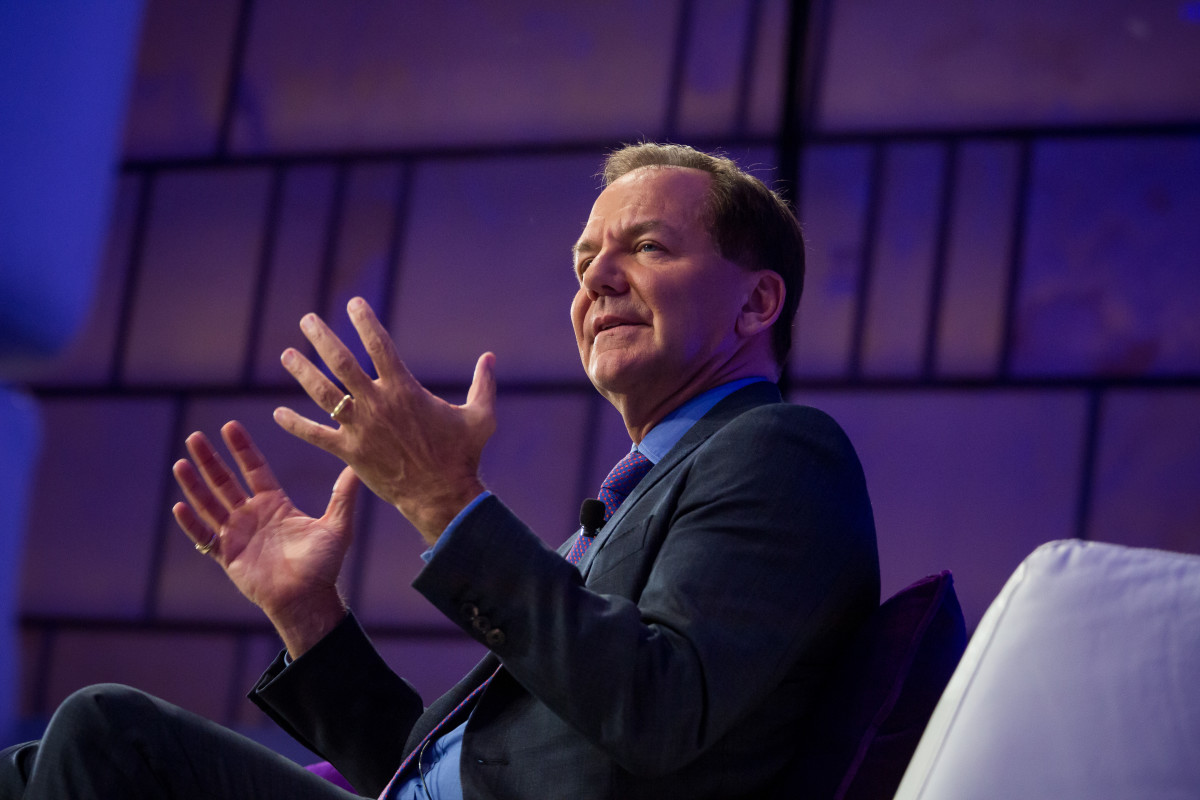
The past couple of weeks have rewarded investors who bought the dip, given the S&P 500 and Nasdaq Composite have returned 13% and 16% since April 9, when President Trump paused the reciprocal tariffs he announced on April 2, so-called "Liberation Day."
The stock market gains have happened in spite of concerning data suggesting the U.S. economy is slowing and growing concern that tariffs could mean stagflation, or worse, a recession is looming.
What happens to stocks next, however, isn't clear. The major market indexes have rebounded into resistance, and some sentiment indicators are flashing overbought.
Related: Veteran analyst sends urgent message on S&P 500
The uncertainty of tariffs' impact on stocks, including a staggering 145% tax on Chinese imports, has prompted many of the most influential market watchers to share thoughts, including legendary billionaire hedge fund manager Paul Tudor Jones.
Jones has been tracking market pops and drops since the mid-1970s, but he's best known for his hedge fund, Tudor Investment Corporation. His success managing money, including predicting the 1987 crash, led to his inclusion in the Market Wizards series of books.
Over the past 50 years, Jones has managed billions of dollars during bull and bear markets. Given his track record, Jones unveiled a stock market forecast this week that investors may not want to ignore.
Federal Reserve may be hamstrung by tariffs
The Fed’s dual mandate targets low inflation and unemployment. However, those goals are contradictory, often causing the Fed to fall behind the curve when setting monetary policy.
For example, when the Federal Reserve raises interest rates, it slows the economy, contributing to layoffs, but slowing inflation. However, when it cuts interest rates, it accelerates the economy, boosting hiring, but increasing inflation.
Related: Analyst unveils surprising Fed interest rate cut prediction
This relationship is easily seen in how monetary policy has impacted the economy over the past few years. In 2022, Fed Chairman Jerome Powell embarked on the most hawkish rate hike policy since the 1980s after incorrectly predicting inflation during 2021 would be transitory. The decision to delay rate hikes caused sky-high inflation, which peaked at 8% in June 2022.
The Fed's tightening in response to inflation has driven inflation below 3%. However, those hikes have caused cracks in our job market. The unemployment rate has climbed to 4.2% from 3.4% in 2023, and layoffs are rising.
In the first quarter, companies announced 497,000 layoffs, according to Challenger, Gray & Christmas. That was the most in the first quarter since the recession-riddled 2009. In April, 105,441 people were laid off, up 63% year over year.
The weakening jobs picture prompted the Fed to switch gears, leading to September, November, and December rate cuts. However, those cuts contributed to sticky inflation, forcing the Fed to the sidelines, awaiting more data.
The Fed's job is made more difficult by tariffs.
More Experts:
- Legendary fund manager sends blunt 9-word message on stock market tumble
- Billionaire Michael Bloomberg sends hard-nosed message on economy
- Rare event may send S&P 500 soaring
The "Liberation Day" proposed reciprocal tariffs were much higher than expected, sending shockwaves through the stock market, forcing many to reset their GDP and earnings growth outlooks.
President Trump has since paused many reciprocal tariffs, but a 10% baseline tariff, a 25% tariff on Canada, Mexico, and autos, and a 145% tariff on China remain in effect. As a result, supply chains are showing strain, and consumer and business confidence are tanking.
The Conference Board's Expectations Index plummeted 12.5 points to 54.4 in April, its lowest level since October 2011. Historically, readings below 80 signal a recession ahead.
Similarly, the University of Michigan’s Consumer Sentiment Survey dropped 8% to 52.2 in April from March, its fourth-lowest showing for April since 1952. In the survey, inflation expectations for the coming year soared to 6.5% from 5% last month.
Paul Tudor Jones says stocks will drop
Paul Tudor Jones' long history on Wall Street has given him front row seats to skyrocketing inflation in the 1970s, the S&L crisis in the late '80s and early '90s, the Internet boom and bust, the Great Recession, Covid, and the 2002 bear market.
Related: Warren Buffett sends strong message on trade, tariffs
To say he's seen a thing or two over his career may understate things. That makes his latest stock market comments all the more worrisome.
"You have Trump, who's locked in on tariffs, you have the Fed, who's locked in on not cutting rates," said Paul Tudor Jones on CNBC. "That's not good for the stock market. We'll probably go down to new lows."
But what about trade deals? Could those cause stocks to head higher? Maybe. But the deals would likely have to be pretty big, and that may be unlikely given Trump's apparent commitment to his tariff scheme.
"Even when Trump dials back China to 50%... or 40%... It's the largest tax increase since the 60s," said Jones. "So, you can kinda take 2% to 3% off growth."
If Jones' outlook is correct, a big hit to GDP growth could force Trump and the Fed to take actions that markets would likely find far friendlier.
"When we're in new lows, the hard data will start to follow, and it will probably create the Fed to move, create Trump to move," said Jones.
Related: Veteran fund manager unveils eye-popping S&P 500 forecast





